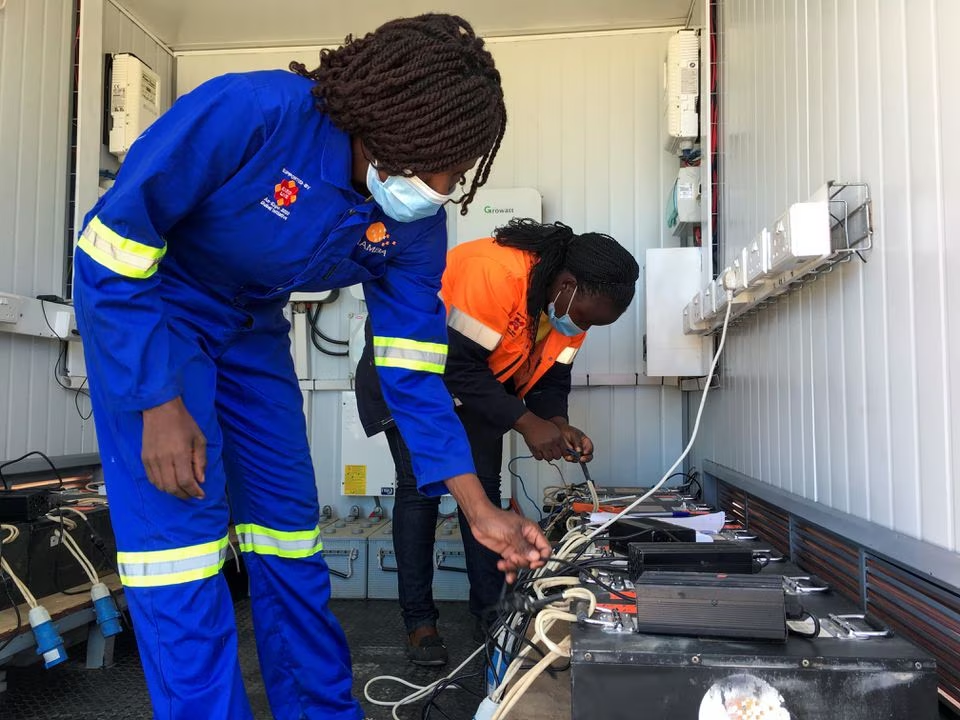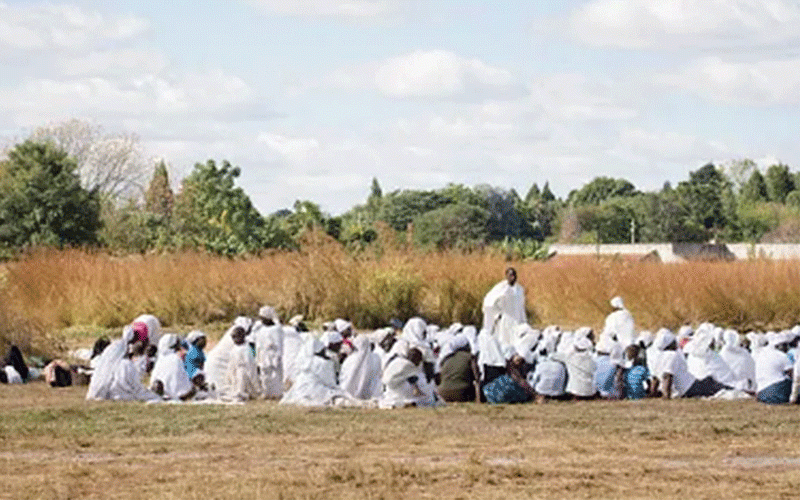
Zimbabwe wants lithium miners operating in the country to work towards producing battery-grade lithium locally and could impose a tax on exports of lithium concentrate in future, Mines minister Winston Chitando said last Wednesday.
The southern African country holds significant reserves of lithium, a battery mineral which is vital to the global drive towards cleaner energy technologies, which Zimbabwe hopes will help revive its ailing economy.
Chinese firms including Zhejiang Huayou Cobalt, Sinomine Resource Group, Chengxin Lithium Group and Canmax Technologies have spent more than US$1 billion over the past two years to acquire and develop lithium projects in Zimbabwe.
Some of these companies’ projects have started production and are expected to build up to a combined annual output of nearly 1,5 million tonnes of lithium concentrates over the next year.
Last year, Zimbabwe banned the export of unprocessed lithium ore to stop rampant digging and smuggling of the mineral by artisanal miners, ordering that only lithium concentrates could be exported.
It now wants miners to go beyond the production of concentrates, which are shipped for further processing outside the country, mostly to China.
“Obviously, what the government wants is to move up the value chain, but it won’t happen overnight,” Chitando said in an address at the Zimbabwe Chamber of Mines annual general meeting.
He added that some lithium miners had plans to eventually produce battery-grade lithium locally.
- Zimbabwe deals help China tighten African lithium grip
- Zimbabwe deals help China tighten African lithium grip
- Endemic govt corruption at Hwange Colliery Company ...Van Hoog comes out guns blazing
- A clear strategy necessary for Zim’s lithium
Keep Reading
“As government, once we have an entity which can value-add beyond lithium concentrates and go a stage higher, two things will happen; the extreme case will be to ban the export of lithium concentrates, which won’t happen, or we will impose a levy,” he said.
Huayou, which invested about US$700 million to acquire and develop Zimbabwe’s Arcadia lithium mine in 2022, said in June last year it could not commit to producing battery-grade lithium in the near term.
The company, China’s top cobalt refiner, said Zimbabwe, like most African countries, lacked renewable power and key materials needed to produce battery-grade lithium, such as natural gas and chemicals, whose importation would be unaffordable.










